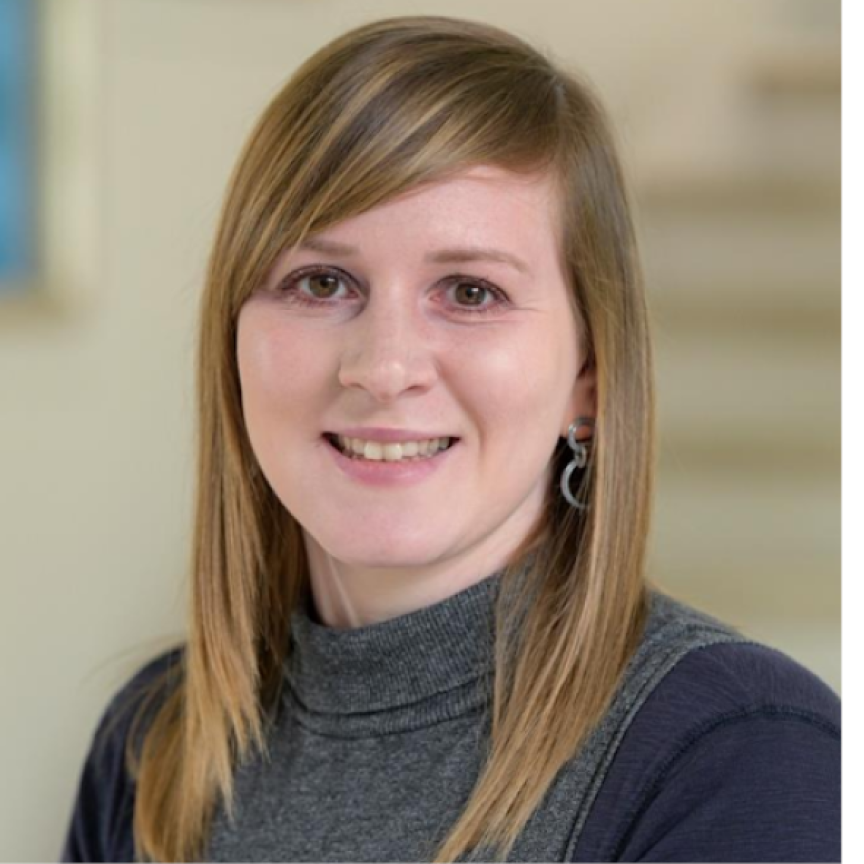A researcher based at University College London (UCL) has been awarded more than £100,000 for a project that will use complex computer modelling to map the start and spread of Parkinson’s and Alzheimer’s disease.
Dr Neil Oxtoby and his colleagues are one of 11 teams across the globe to split funding totalling £1.1m from a challenge set by Alzheimer’s Research UK, the Weston Brain Institute, Alzheimer’s Association and The Michael J Fox Foundation for Parkinson’s Research.
Dr Neil Oxtoby, based in the UCL computer science department, explained the concept behind his research. ‘A lot of computer modelling in the past has tried to understand neurodegeneration using data from the end stages of diseases like Alzheimer’s, which is similar to trying to guess the plot of a movie by only watching the final scenes. At UCL, we’ve developed a method that combines different computer modelling approaches to build a more complete picture of what’s happening in the brain over the course of diseases like Alzheimer’s. This allows us to watch the whole ‘movie’ as it unfolds.’
The UCL researchers have embarked on a 17-month project using computer-based statistical modelling to map out the complex changes that occur in the structure and activity of the brain in Alzheimer’s and Parkinson’s. Understanding the mechanisms of how these diseases develop and how damage progresses through the brain in specific patterns is important for informing the development of new detection methods and treatments.
The project is using existing clinical data from two large studies of Alzheimer’s and Parkinson’s to create complex computer models of what happens in a brain afflicted with each disease. The computer model will combine brain imaging data, blood and spinal fluid measurements from large longitudinal clinical studies in Alzheimer’s and Parkinson’s to create a timeline of changes that happen as each disease progresses. They will also predict how each disease could spread damage through the brain by comparing patterns of brain shrinkage against those that would be expected by different mechanisms of neurodegeneration.
Oxtoby said: ‘Neuroscientists across the world are amassing huge amounts of data about the brain changes in diseases like Alzheimer’s and Parkinson’s. Recent advances in computational methods give us great power to analyse this data and start to unpick aspects of how these diseases develop and spread in the brain.’
The programme which funded these projects – Biomarkers Across Neurodegenerative Diseases (BAND) – challenged researchers worldwide to develop innovative research projects to better characterise the similarities and differences between neurodegenerative diseases.
The 11 successful research teams are based in Australia, Italy, Germany, Canada, the United States and the UK. They will build on existing data and bring together diverse expertise to accelerate understanding of the biology and clinical symptoms of Alzheimer’s, Parkinson’s, frontotemporal dementia and other neurodegenerative diseases.
Dr Simon Ridley, director of research at Alzheimer’s Research UK, said: ‘The global ageing population has put neurodegenerative diseases like Alzheimer’s and Parkinson’s among the biggest public health challenges of this century. While there are clear differences in symptoms between diseases like Alzheimer’s and Parkinson’s, there are also similarities in how the diseases damage the brain. Characterising the similarities and differences in detail could open the door to common approaches that could have benefits for multiple diseases.’
Neurodegenerative diseases are complex and understanding them requires a multi-pronged approach. While computers alone will not crack the problem, integrating this understanding with clinical and molecular advances will drive us forward to help the millions worldwide affected by diseases like Alzheimer’s.’
Alzheimer’s Research UK is the UK’s leading charity specialising in finding preventions, treatments and a cure for dementia. Alzheimer’s Research UK is currently running a campaign called ‘Defeat Dementia’, which pledges to raise £100 million in five years to develop research and accelerate progress towards new treatments for degenerative diseases.

